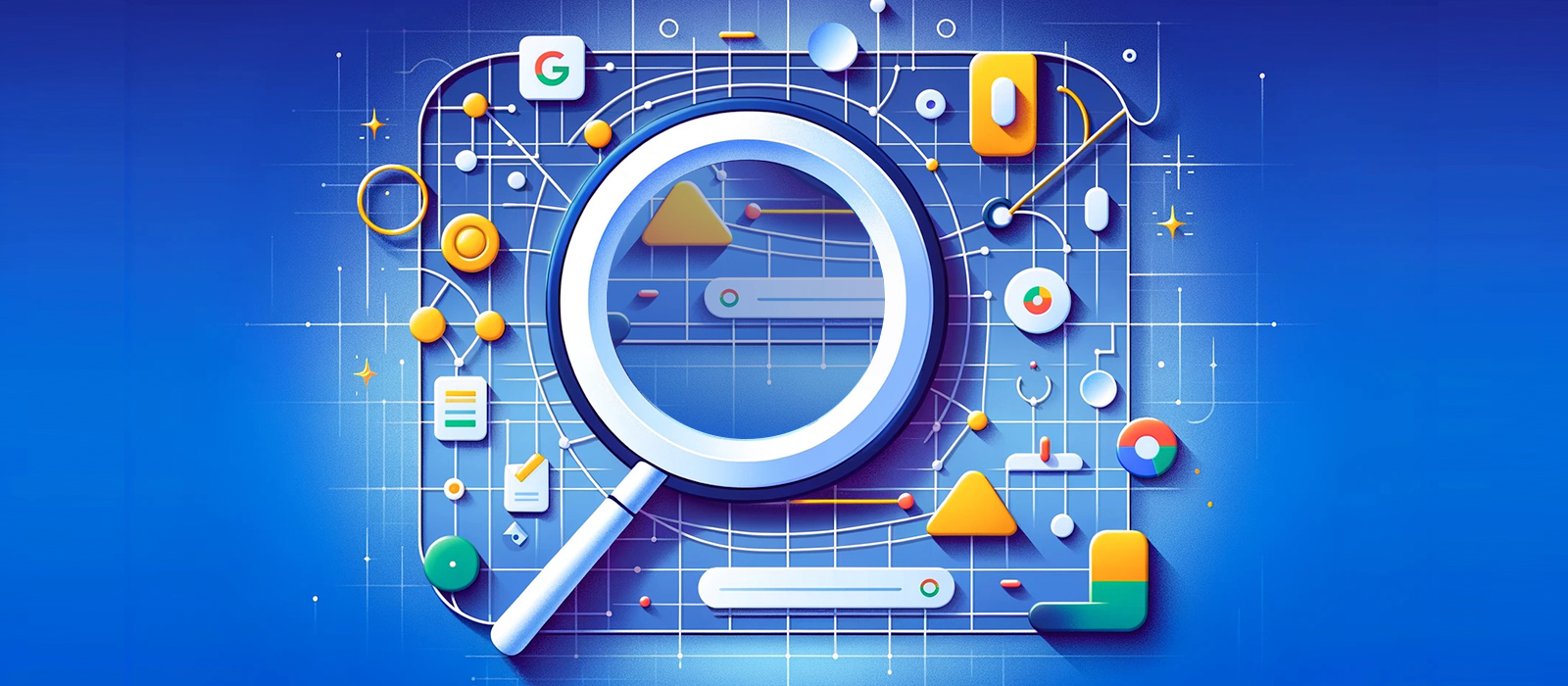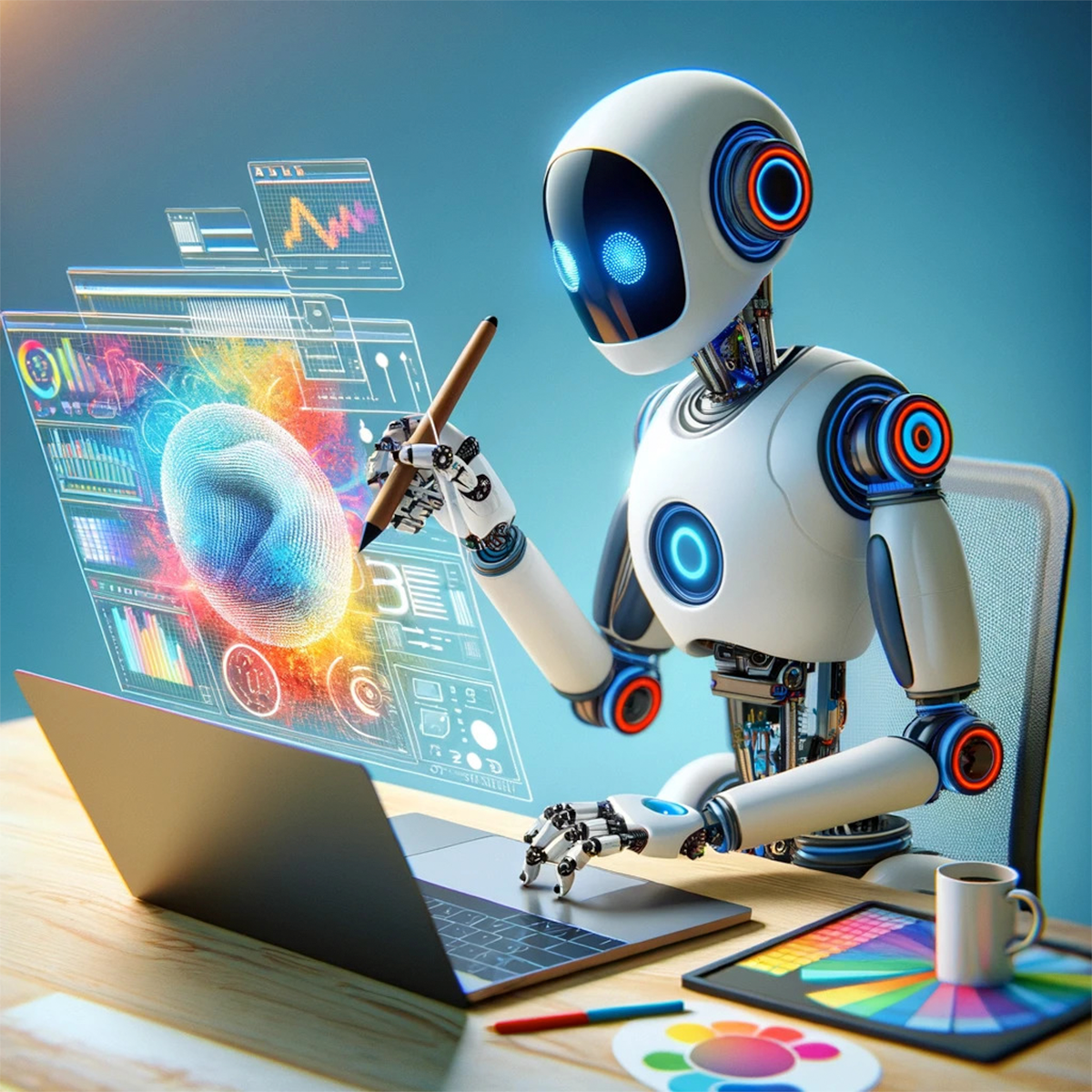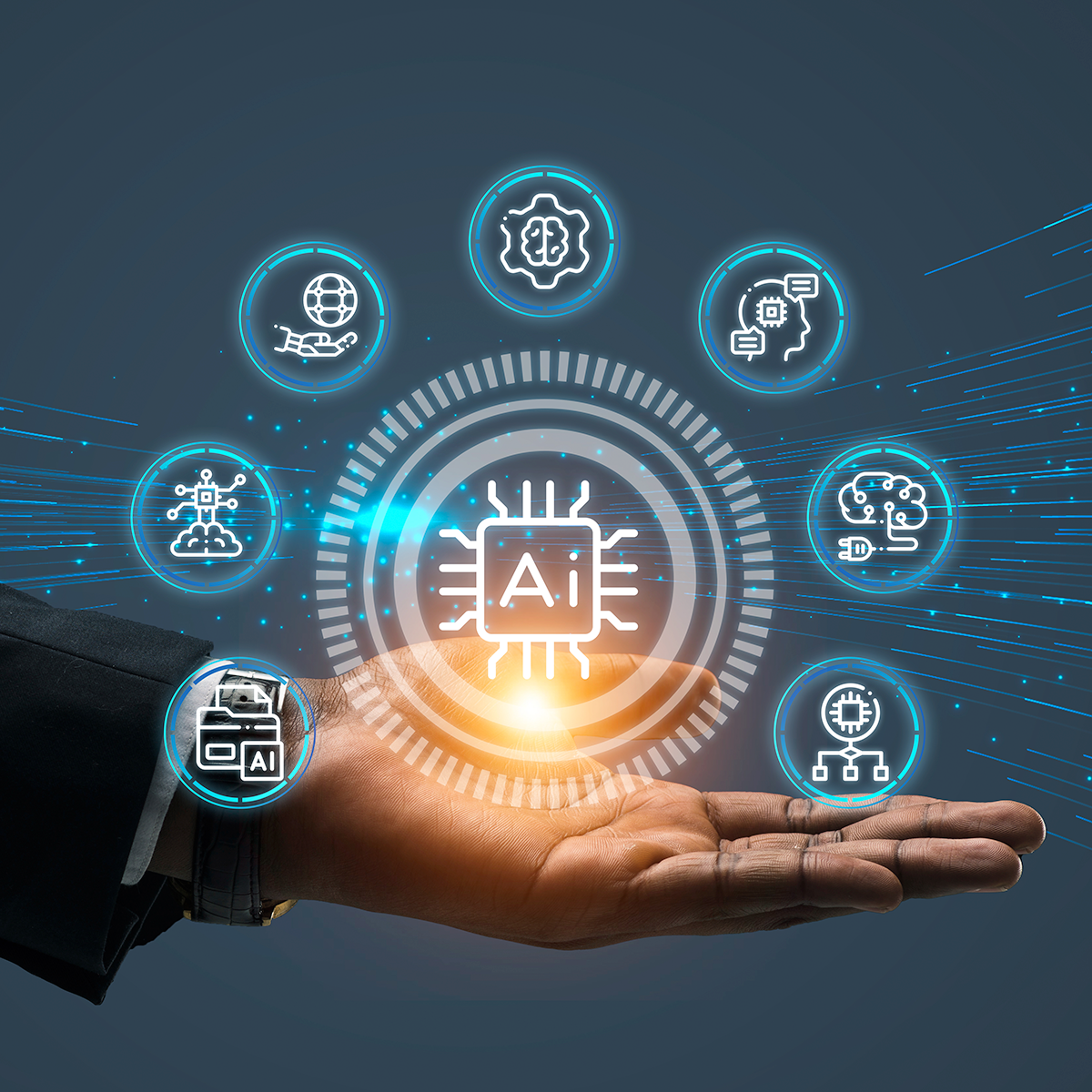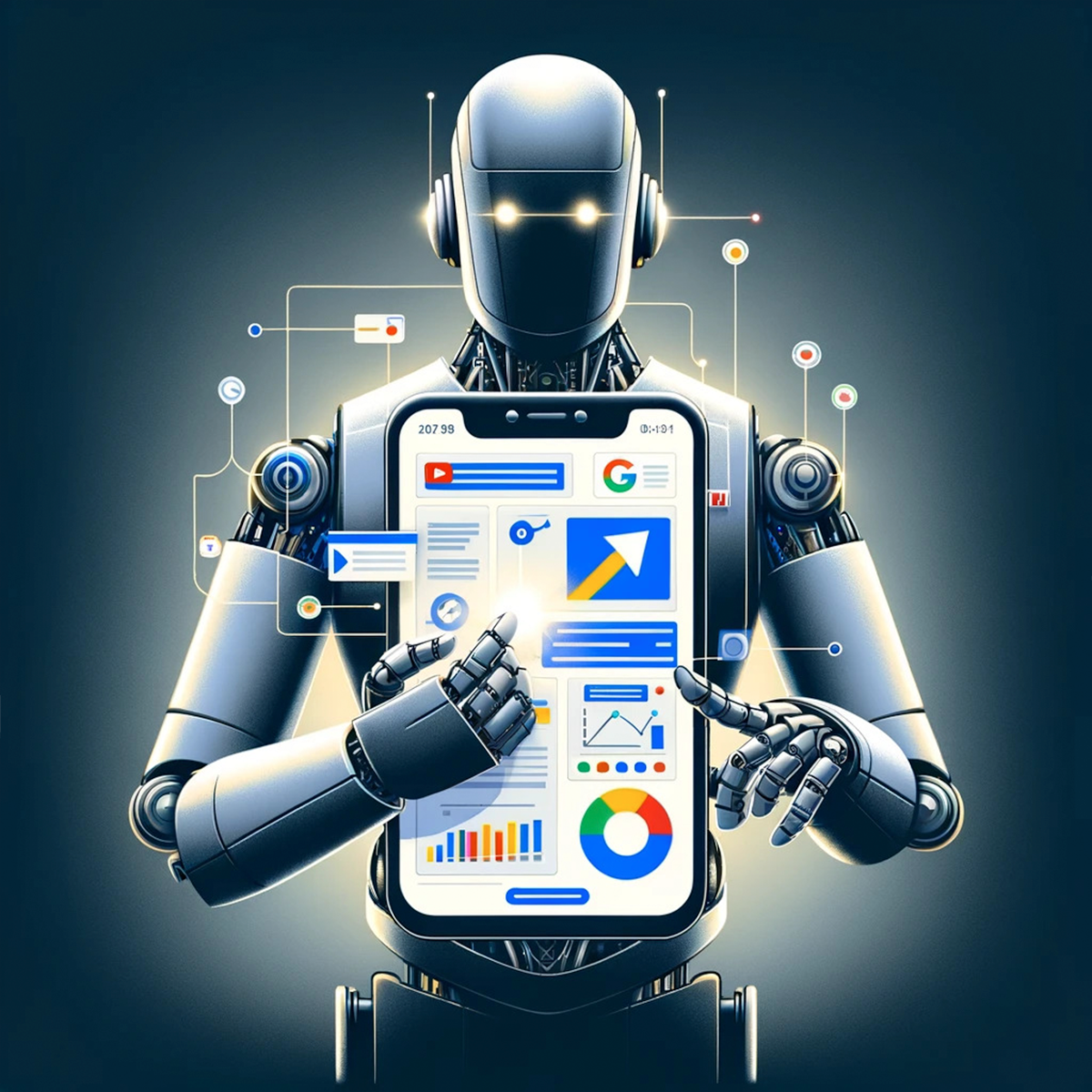The Evolution of Google Ads:
Navigating the Shift from Keyword to AI-Driven Strategies
The transformation from simple keyword-based Google Ads to sophisticated AI-driven strategies marks a significant shift in the digital marketing landscape. This evolution reflects the necessity for businesses to adapt and embrace new technologies to remain competitive. Here’s a detailed exploration of how Google Ads has changed and how businesses can leverage these advancements.
Understanding User Intent: Beyond Keywords

Initially, Google Ads was predominantly about keywords. Advertisers selected terms relevant to their business, and their ads appeared when these keywords were searched. This method has evolved significantly. Understanding the context and intent behind searches has become critical. The shift towards context and user intent in advertising means businesses can target their ads more effectively, ensuring they reach the appropriate audience at the right time. This evolution was largely driven by advancements in AI and machine learning within Google Ads platforms. Businesses can learn how this impacts their ad strategies in Google's insights on their Marketing Live 2023 updates.
Leveraging AI for Enhanced Creative Development

Incorporating AI into Google Ads allows for more dynamic and responsive ad campaigns. AI helps tailor ad messages and creative elements to individual users, improving engagement and conversion rates. By analyzing vast amounts of data, AI identifies patterns and preferences, enabling advertisers to create more personalized and effective campaigns. Discover more about AI-driven search campaigns and their benefits in this detailed WordStream article.
As we delve into the transformative impact of AI in marketing, let's examine the key benefits that illustrate the significant shift towards more customized and engaging advertising techniques:
Key Benefits of AI in Marketing:
• Dynamic Content Creation: Generates diverse and engaging ad copy, images, and videos tailored to specific audiences.
• Creative Optimization: Continuously tests and adjusts creative elements for optimal performance.
• Trend Identification: Recognizes and incorporates emerging visual and linguistic trends into creatives.
• Brand Consistency: Ensures creative elements align with brand voice and aesthetics across campaigns.
• Personalization at Scale: Customizes creative content for individual users or segments, enhancing relevance and engagement.
The innovative integration of AI in creative development is transforming advertising strategies, leading to more dynamic and personalized user experiences. This marks a significant step forward in conceptualizing and executing digital campaigns.
AI-Driven Landing Page Optimization
AI technology significantly improves the design and functionality of landing pages, ensuring they are optimized for conversion and SEO. By analyzing user data, AI can suggest changes to enhance user experience and increase the likelihood of conversion (Think with Google article).
Expanding our understanding, the following benefits highlight how AI-driven strategies can significantly improve the effectiveness and user engagement of landing pages, marking a leap forward in how we approach web design and content strategy.

Key Benefits of AI in Marketing:
• User Experience Enhancement: AI analyzes visitor behavior to suggest layout and content improvements.
• Conversion Rate Optimization: Tailors page elements to boost user engagement and conversions.
• SEO Improvement: Identifies and implements SEO best practices to enhance page visibility.
• Content Personalization: Customizes content for different visitor segments to increase relevance.
• A/B Testing Automation: Streamlines testing of different page versions to find the most effective ones.
As we enhance landing pages with AI-driven insights, we pave the way for a more intuitive, engaging user experience, significantly impacting conversion rates and SEO effectiveness. This reflects a broader shift towards more user-centered web design.
Revolutionizing Ad Targeting with AI

AI has transformed ad targeting, making it more precise and effective. By analyzing user behavior and trends, AI enables advertisers to craft campaigns that resonate more deeply with their target demographics. This leads to better targeting, enhanced ad relevance, and higher conversion rates. For in-depth insights into AI's role in refining ad targeting and optimization, explore the advantages outlined in WordStream's exploration of AI features in Google Ads.
Now, let's explore the core advantages AI brings to ad targeting, which not only streamlines the marketing process but also ensures that messages reach the most receptive audiences, enhancing overall campaign success.
Key Benefits of AI in Marketing:
• Precision Targeting: Utilizes behavioral and demographic data for more accurate audience targeting.
• Ad Relevance: Tailors ad content to individual user preferences, increasing engagement.
• Predictive Analytics: Forecasts future consumer behaviors to optimize campaign strategies.
• Dynamic Ad Creation: Generates and adapts ads in real-time for personalized messaging.
• Performance Insights: Offers detailed analysis to continually refine targeting strategies.
Through the utilization of AI in ad targeting, we're witnessing a revolution in how we understand and interact with our target audience, offering a level of precision and personalization that was previously unattainable. This advancement underscores the ongoing evolution of digital advertising strategies.
Embracing the AI-Driven Future

The shift from keyword-centric to AI-driven Google Ads campaigns illustrates the broader movement towards more intelligent, responsive, and personalized marketing strategies. By understanding these changes and leveraging the latest AI tools, businesses can create more effective and engaging digital marketing campaigns. Remember, the integration of AI doesn't replace the need for human creativity and insight; rather, it enhances it. For a deeper understanding of how AI is reshaping the marketing landscape, consider insights from Think with Google.
In this dynamic digital age, integrating AI into your marketing strategies while maintaining the human touch is essential. Embrace the evolution of Google Ads and harness the power of AI to unlock new possibilities for your business's online presence and advertising effectiveness.
